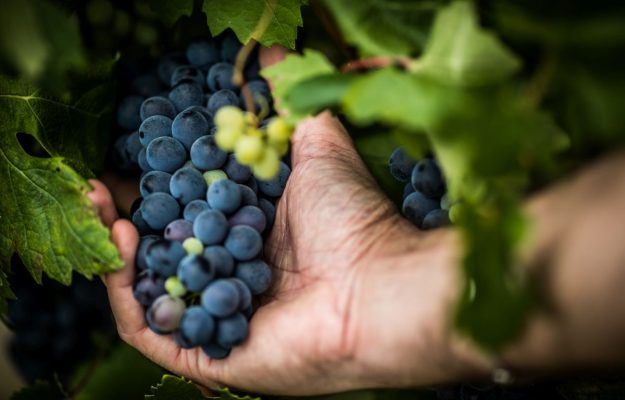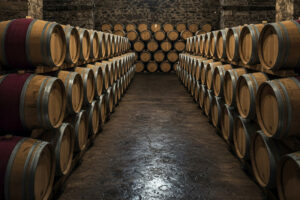Why do people like Italian wine abroad? Because it expresses the profound relationship between the human being and the environment like no other product from the main wine-producing countries. This means that the consumer chooses a wine based on the brand authenticity of a winery, namely, through characteristics such as quality, heritage, sincerity, continuity, integrity, symbolism and prefers companies that know how to tell their story and their territory, giving moral and real value to their brand, consistent over time in their objectives. It emerges from the Italian Taste Summit, promoted in Padenghe Sul Garda, by Miro & Co. Wine Global, with over 30 wineries from all over Italy and 30 international importers. The proof comes from the application of neuroscience to the world of wine: relying on science to understand how the human brain works in purchasing choices and how much it is willing to pay for a bottle of wine (in purchasing choices only accounts for 5% of the rational part of the brain, because “we are emotional machines that think” and not vice versa), from some tests carried out on consumers who were shown a brand that had been able to meet all the requirements of authenticity, it turned out that they were willing to pay a third more than the real price of the bottle.
If it is true that in the last decade Italian wine exports have increasingly focused on quality, as evidenced by the growth in sales in value (+5.2% annual average in the period 2007-2018, source: Unicredit Industry Book) compared to the exported volumes, which have remained almost unchanged (+0.3% in the same period), it is also true that the consumer - or consumer-actor as defined at the Summit - is increasingly oriented towards wines that express the identity of the territory and with it, the beauty, authenticity, and originality of rurality, typical of every Italian farm. The wineries that want to assert themselves abroad was told at the Summit - among the speakers, Maria Carmela Ostillio of the Sda Bocconi School of Management, Leonardo Morosini of Lc International, Alberto Bracalenti of Crowe Valente, Carlo Pietrasanta of the Movimento Turismo del Vino Lombardia, Caterina Garofalo, President Ainem-Associazione Italiana Neuro Marketing, and Mattia Vezzola, oenologist of Costaripa - must behave like a brand, moving from a family management to a business management, wondering what the consumer wants to perceive the greater value of the product and then be willing to pay a higher price.
There are at least seven elements on which each winery should focus to succeed abroad: storytelling (the rhythmic and emotional story of its history), knowing how to present oneself as a wine artisan (expressing passion), sticking to tradition but knowing how to innovate (looking to the future with a look at the past), loving doing, diving in the market (traveling and getting to know other countries), contributing to something bigger (carrying on the brand, but also the made in Italy) and encouraging the devotion of staff (cult-like). To do this strategically, it is necessary to set medium and long term objectives, to grow in a management capacity, to build a business plan, to control investments and to monitor the results achieved on international markets. In this context, it is essential to use the available resources, such as the facilitated credit of the EU (Ocm), not as a mere reimbursement of expenses, but as an essential tool for planning and growth in the wine industry. A long process that does not end in a few months, but that requires the farsightedness and programming inherent to the winemaker, who when planting his vineyards and designing his wine, knows that he has before him at least 50 years of management. It is in this sense that even rurality and ecotourism become for wineries the very essence on which to build the strategy for the future: to know their value, their history, to set incoming/outcoming objectives and to know how to achieve them systemically.
Copyright © 2000/2026
Contatti: info@winenews.it
Seguici anche su Twitter: @WineNewsIt
Seguici anche su Facebook: @winenewsit
Questo articolo è tratto dall'archivio di WineNews - Tutti i diritti riservati - Copyright © 2000/2026







































































































































































































